Tag: education
-
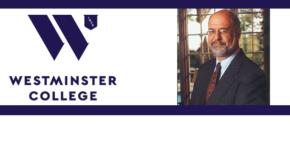
James Seidelman, Westminster College – Student Loan Debt Crisis
On Westminster College Week: The student loan debt crisis shows no signs of slowing down. James Cid Seidelman, distinguished service professor of economics, examines why reform is needed. James “Cid” Seidelman, Ph.D., is distinguished service professor of economics at Westminster College in Salt Lake City, Utah. He returned to teaching in fall 2015 after serving…
-
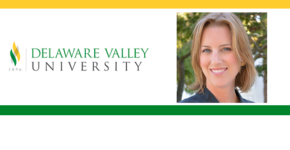
Allison Buskirk-Cohen, Delaware Valley University – Succeeding in College
Campuses want college students to succeed. Allison Buskirk-Cohen, associate professor of psychology at Delaware Valley University, looks at a couple factors that could swing the balance. Allison Buskirk-Cohen’s research focuses on how interpersonal relationships influence general well-being and academic success. She has studied the role of peer relationships and mental health as students transitioned from…
-
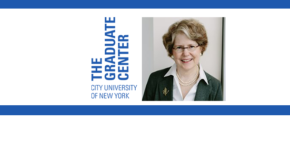
Alexandra Logue, Graduate Center of the City University of New York – Remedial Math
Math could be what determines whether you graduate from college. Alexandra Logue, research professor at the Graduate Center of the City University of New York, examines why. Dr. Alexandra W. Logue is a Research Professor in CASE (the Center for Advanced Study in Education) of the Graduate Center of The City University of New York…
-

Katherine Cumings Mansfield, University of North Carolina Greensboro – Improve Schools by Asking Students
The best way to improve a school? Ask the students. Katherine Cumings Mansfield, associate professor in the department of educational leadership and cultural foundations at the University of North Carolina Greensboro, says keeping the student voice in the discussion has many benefits. A seasoned school teacher and program administrator, Katherine Cumings Mansfield is currently Associate…
-
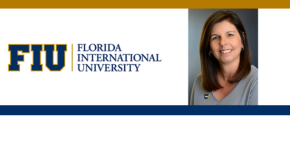
Michelle Hospital, Florida International University – Youth Music Programs and the Five C’s
Learning to play music could foster important skills for life. Michelle Hospital, research associate professor in the department of biostatistics at Florida International University, says it’s not just about the music, but who you play it with. Dr. Michelle Hospital is the Associate Director of Research and Development of FIU’s Community-Based Research Institute (CBRI). She…
-
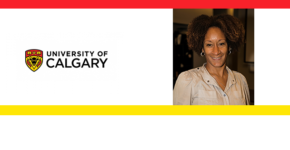
Jennifer Adams, University of Calgary – Minority Students and Science Achievement
Those who teach and learn science could use more diversity. Jennifer Adams, associate professor in the department of chemistry at the University of Calgary, explains why. Dr. Jennifer D. Adams was born and raised in Brooklyn, NY. After college she worked in physical therapy for two years before entering the field of education. Dr. Adams…
-
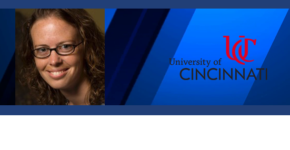
Sarah Stitzlein, University of Cincinnati – Hope and the 2020 Presidential Election
Hope isn’t just for campaign slogans. Sarah Stitzlein, professor of education at the University of Cincinnati, discusses how to put hope into action. I am a Professor of Education and Affiliate Faculty in Philosophy at the University of Cincinnati. As a philosopher of education, I explore and clarify key concepts within and purposes of education…
-
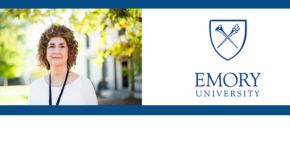
Patti Owen-Smith, Oxford College of Emory University – Contemplative Practice
What part does contemplation play in our academic institutions? Patti Owen-Smith, professor of psychology at Oxford College of Emory University, discusses how more time for thought could benefit students. Patricia Owen-Smith is a professor of psychology and women’s, gender and sexuality studies at Oxford College of Emory University. She was named a Carnegie Scholar in…
-

Katherine Aquino, Manhattan College – Students With Disabilities
Should we embrace the concept of disability as a positive component of student diversity? Katherine Aquino, faculty member in the school of continuing and professional studies at Manhattan College, looks into this question. Katherine C. Aquino holds a BS in psychology, MA in school psychology, and a PhD in higher education policy. Her research interests…
-
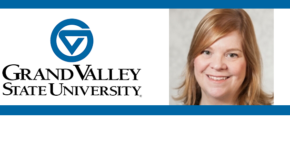
Ellen Schiller, Grand Valley State University – Nurturing Elementary Teachers as They Strive to Become Better Science Teachers
On Grand Valley State University Week: Elementary school should be a place for science. Ellen Schiller, professor of education, discusses why we need to start teaching this subject early. Dr. Ellen Schiller is a Professor in the College of Education at Grand Valley State University. Prior to joining the faculty at GVSU in 2001, she…
